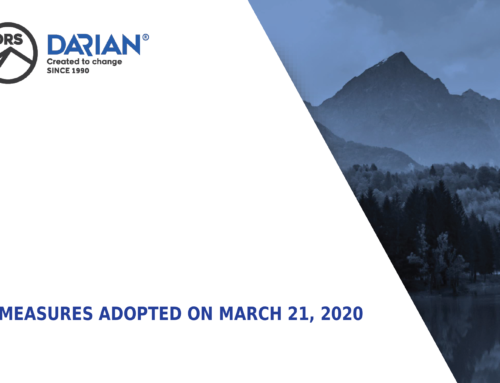There are often times when employees of companies ask for prepayment of wages in advance, requiring cash availability at specific events (medical operations, deaths, etc.). As regards the amounts of money granted by companies to their own employees for these exceptional situations in which the employee needs a certain amount of money, these sums of money can often be considered by the company as short-term loans. This interpretation is wrong because of the fact that for a credit operation a company must have certain authorizations (for example, the authorization granted by the NBR).
Thus, companies have only one alternative for this situation, namely to grants employee salaries in advance.
Legal Provisions
In exceptional situations, when certain employees need a certain amount of money, the company’s solution is to give them salary advances.
Thus, according to Article 76 of the Tax Code „any income in monies and / or in kind obtained by a resident or non-resident natural person carrying out an activity based on an individual employment contract, a service report, a posting dociment or a a special status provided by the law, irrespective of the period to which it refers, the name of the income or the form in which it is provided, including allowances for temporary incapacity for work for persons earning salary income and assimilated to salaries shall be considered as salary income”.
Methodological rules for the application of the Tax Code bring additions to gross income from salaries or assimilated to salaries, mentioning examples of income, including the amounts received for the work performed (eg basic salaries or onuses / additions of any kind).
Salary advances are taxed as any income of a salary nature, namely these are subject to income tax and compulsory social contributions.
Practical Aspects
If there are employees who need an amount of money at a certain time, the company may pay a part of the salary or a full salary to the employee, and at the next salary they shall deduct the amount paid as an advance and shall pay the employee the remainder of the salary.
The recommendation is that the salary paid in advance should not be of a repetitive nature, that the amount paid as advance payment should be reasonably established, and the situations in which salary advances are granted should be exceptional.
If an employee is paid more than one salary in advance, and this situation is repetitive, while the deduction is gradually made in the coming months at a reduced rate so that he/she continues to receive a certain amount as a wage entitlement for the reference month, there is a risk that this event may be considered as a loan.
In the end, in an exceptional case, an employee may receive an advance payment, considered as an advance payment, provided that this operation is not repetitive and for which the income tax and the compulsory social contributions are to be withheld.
Article published firstly on Avocatnet.ro.



Suntem soluția eficientă în oferirea de servicii complexe de evaluare și consultanță pentru clienții corporativi. Echipa noastră de specialiști asistă clienții în soluționarea diverselor spețe cu impact fiscal.






